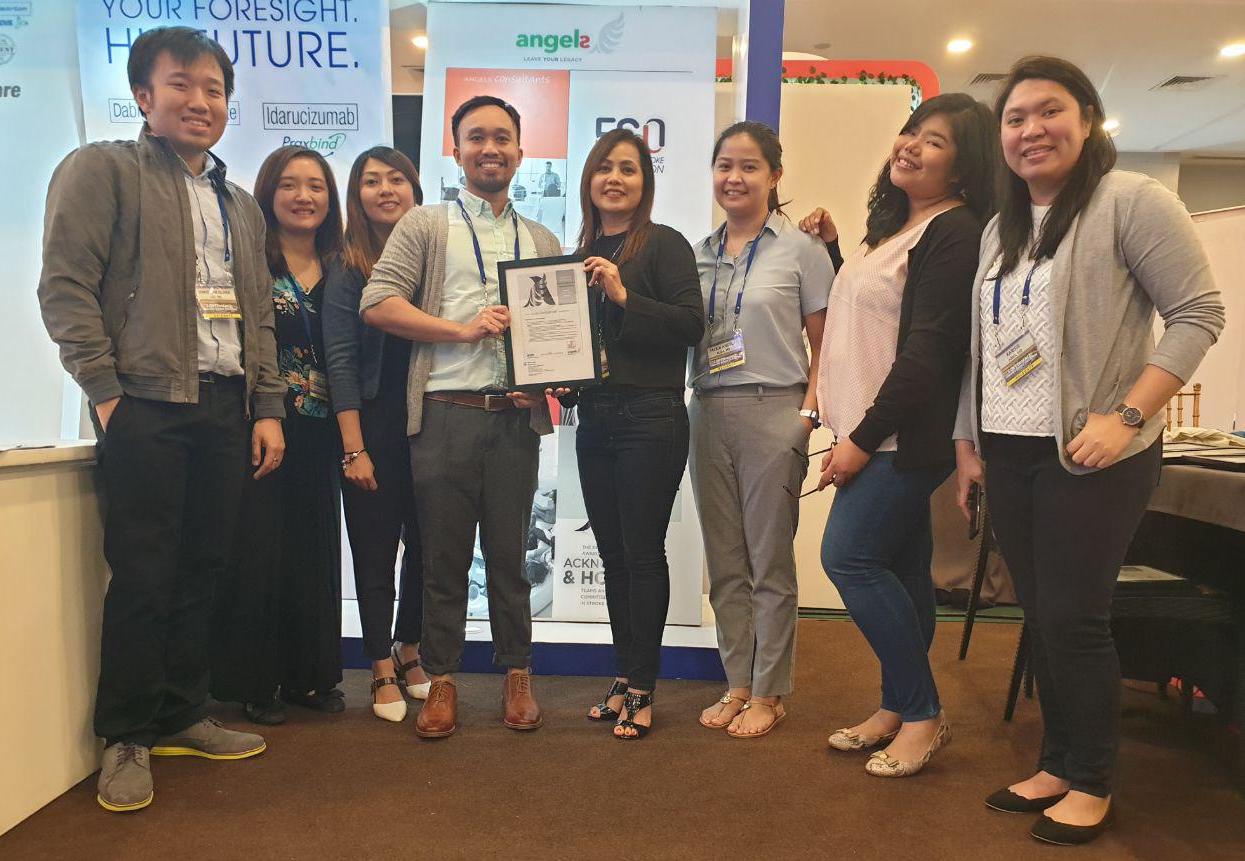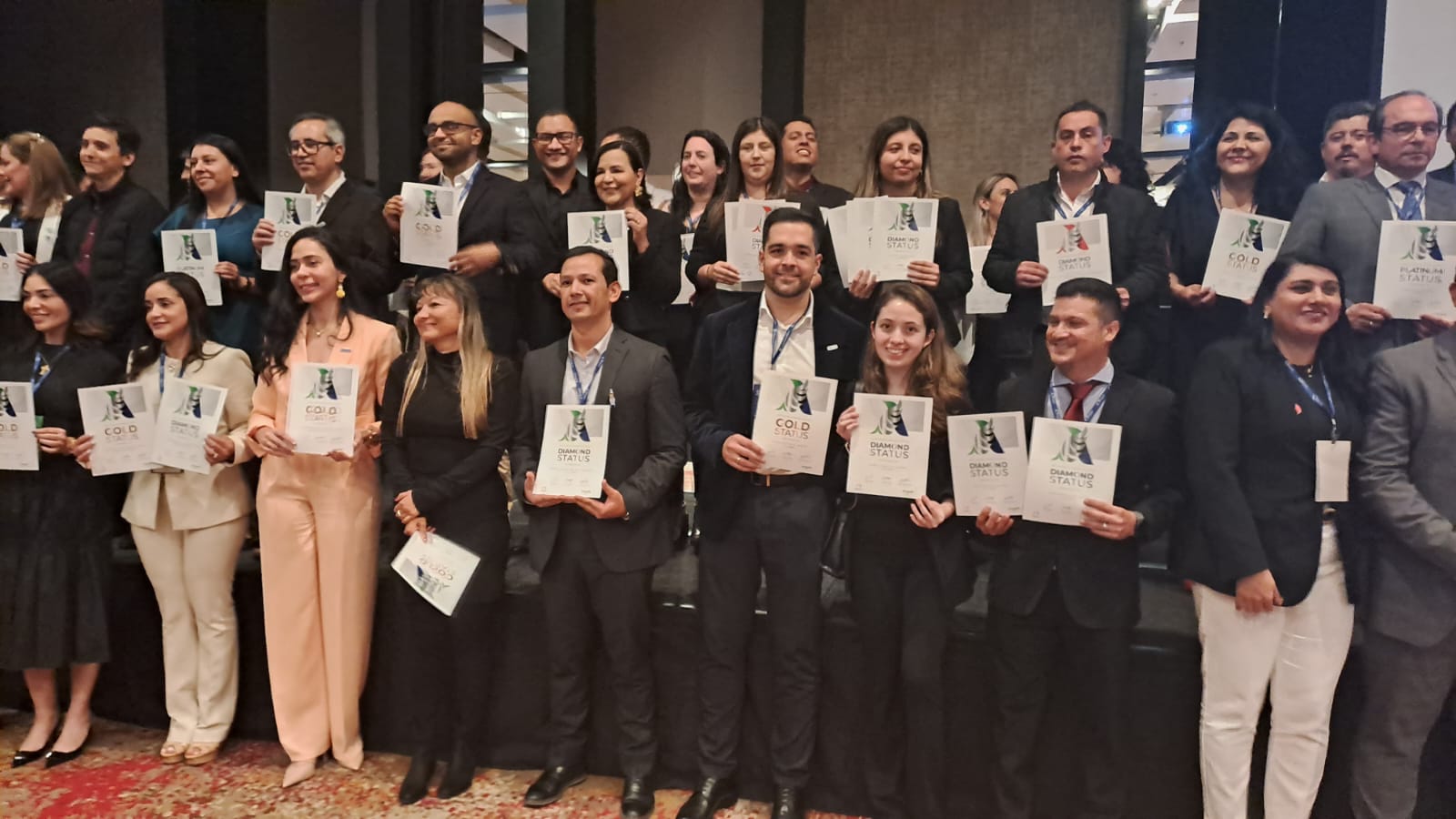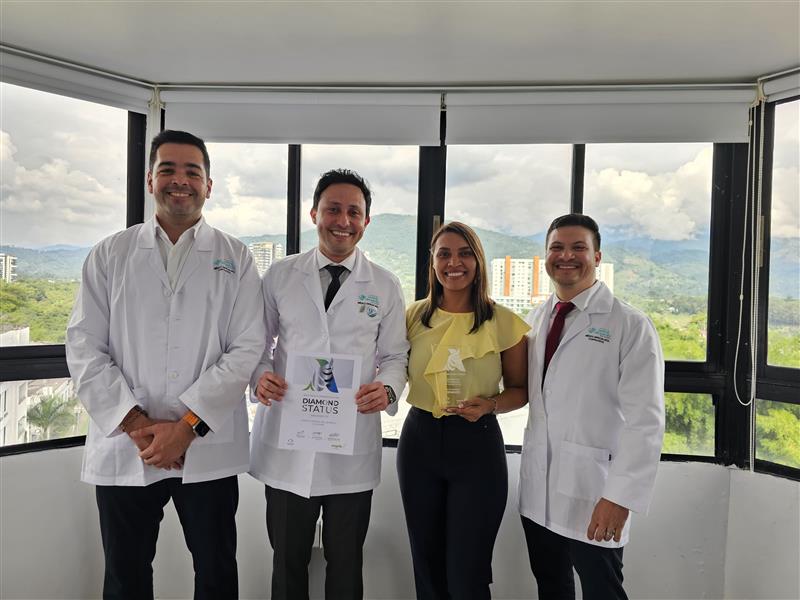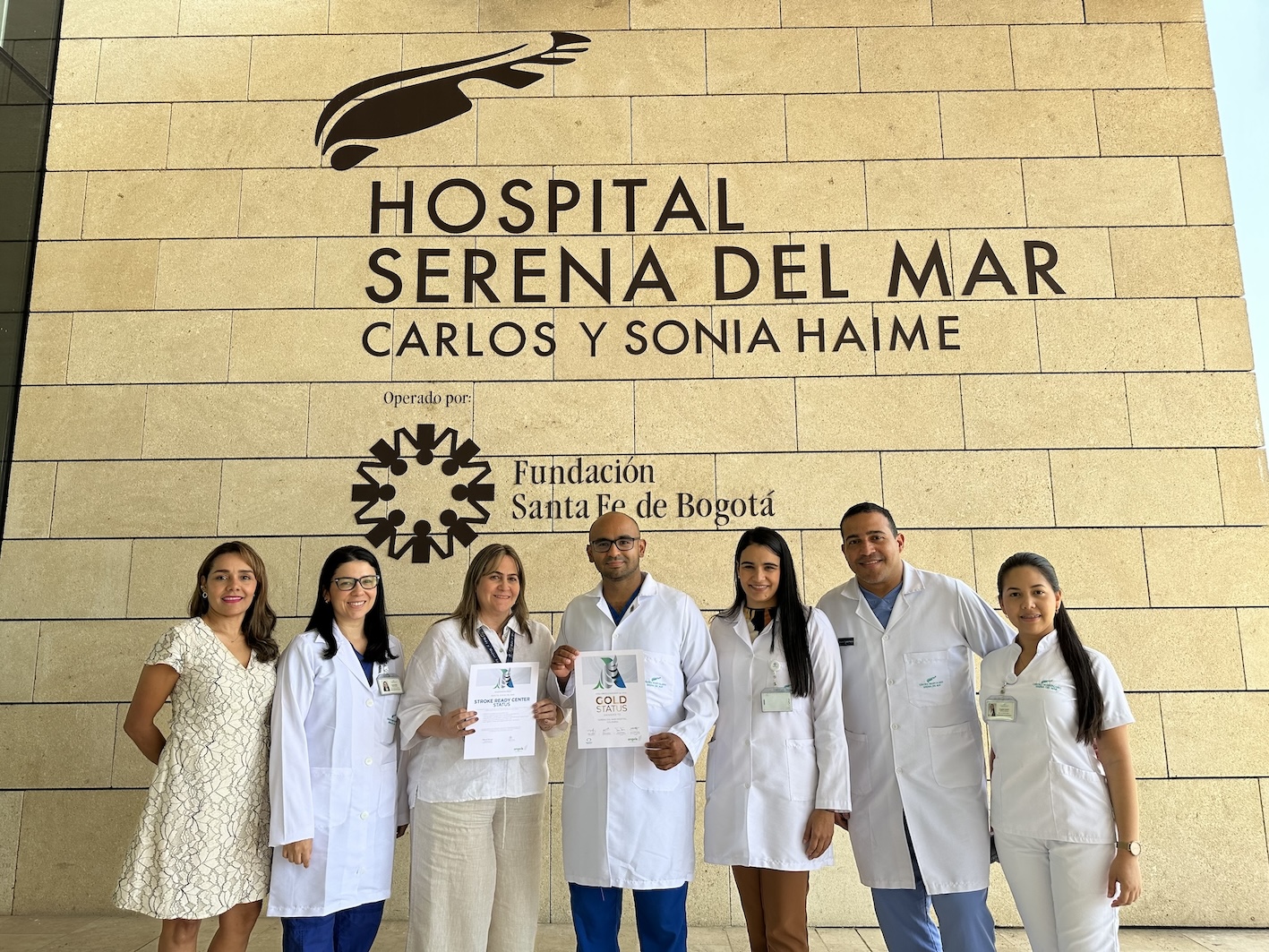Respondenti s upozornením cievna mozgová príhoda (STAR) vo verejnej nemocnici v Metropolitnej Manile žijú podľa svojej skratky – ich odhodlanie zlepšiť starostlivosť o pacientov s cievnou mozgovou príhodou zatiaľ získalo štyri zlaté ocenenia za pamätné lekárske centrum Quirino na Filipínach.

Je to zážitok, ktorý zostane s vami.
Predajca ulíc sa zrútil v aromatickom pralese neformálneho obchodu s potravinami v Manile a jeho nešťastie rýchlo pritiahlo malý dav. Tricyklus bol označený dole a nariadený, aby muža prepravil do pamätného medicínskeho centra Quirino Memorial Medical Centre, kde medzi autami, nákladnými vozidlami a autobusmi cúva a lapá po premávke v najhustejšie zaľudnenom meste na svete.
Quirino Memorial Medical Centre (QMMC) je súčasne uznávaným centrom excelentnosti a preplnenou verejnou nemocnicou určenou na obsluhu nešťastných obyvateľov Quezon City v severovýchodnom Metri Manile. V oboch týchto kapacitách na konci roka 2019 privítala zasiahnutého predajcu ulíc.
Pred štyrmi rokmi v QMMC založil Centrum neurologických vied (CNS) neurológ Dr. Amado San Luis s cieľom zaškoliť klientov a zdravotné sestry v neurológia a poskytovať neurologické služby obyvateľom mesta. V apríli 2018 toto úsilie centra o zlepšenie starostlivosť o pacientov s cievnou mozgovou príhodou príhodu viedlo k zriadeniu multidisciplinárnych tímov s upozornením na cievna mozgová príhoda príhodu prvej línie, ktoré prešli skratkami STAR, ako aj k multišpecializovanému a medziprofesionálnemu dozornému tímu. O mesiac neskôr uzavrela partnerstvo s Iniciatíva Angels, ktorá by podporila jej ciele a urýchlila obstarávanie trombolytického lieku rTPA.
Približne v čase, keď tricyklus nesúci dodávateľa zaokrúhlil roh ulice JP Rizal a P Tuazon Streets, bol QMMC-CNS konečne pripravený liečiť svojho prvého pacient s cievnou mozgovou príhodou s mozgovou príhodou trombolýza. Mohli by ste povedať, že hviezdy sa zhodovali so skromným mužom, ktorý po rekanalizácia liečba znovu získal dostatočnú silu na svojej oslabenej pravej strane, aby sa vrátil do slnečného rohu ulice, kde zúžil svoj obchod.
Pre samotných HVIEZD – tím zložený zo špecializácií vrátane neurológia, rádiologického oddelenia, internej medicíny, ošetrovateľstvo starostlivosti prvej línie a laboratórnych služieb – to bol deň elácie a nervózneho očakávania. „Bolo to naozaj intenzívne,“ spomína Darren Porras, majster iktová zdravotná sestra QMMC, ktorý sa zúčastnil na tomto podujatí. Podrobnosti prípadu mohli vyblednúť z pamäte, ale pocit vzrušenia zmiešaného s obavami je ten, na ktorý nikdy nemôže zabudnúť.
V priebehu roka liečby svojho prvého pacient splnilo QMMC kritériá pre ocenenie Zlaté WSO Angels ocenenie , ktoré bolo navrhnuté tak, aby uctilo tímom odhodlaným praktizovať cievna mozgová príhoda a neustále monitorovanie kvality. Medzinárodné uznanie za ich úspech podnietilo ambície tímu, ktorý v treťom štvrťroku 2021 získal ich štvrté ocenenie.
Čísla rozprávajú príbeh. V roku 2019 dostali HVIEZDY 61 výstrah a podali rekanalizácia liečba 15 pacientom s cievna mozgová príhoda. V roku 2020 sa počet výstrah cievnej mozgovej cievna mozgová príhoda zvýšil na 127 a miera rekanalizácia bola od 25 % do 30 %, pretože 39 pacientov bolo liečených trombolýza.
Viaceré paralelné procesy, spolupráca a dobrá komunikácia podporujú ich stratégiu neustáleho zlepšovania, hovorí vaskulárny neurológ QMMC a majster cievnej mozgovej cievna mozgová príhoda Jo Ann Soliven.
V prípade súkromných pohotovostný záchranná zdravotná služb služieb v Manile, ktoré sú prístupné len tým, ktorí majú hlboké vrecká, väčšina pacientov spoločnosti QMMC prichádza na miesto prostredníctvom tricyklov alebo verejných úžitkových vozidiel, s výnimkou možnosti predbežnej notifikácie ZZS (Záchranné zdravotné služby). Hneď ako sa však aktivuje kód mozgovej cievna mozgová príhoda, HVIEZDY sa zmontujú v CT vyšetrenie prostredníctvom aplikácie Viber, ktorá je podobná aplikácii WhatsApp. Laboratórne spracovanie na vylúčenie kontraindikácií na trombolýza prebieha súčasne s vyhodnotením NIHSS a snímka CT; rozhodnutie o liečba zrýchľuje úzka komunikácia medzi neurológia a rádiologickým vyšetrením a liečba začína na CT alebo na oddelenie urgentného príjmu niekoľko metrov od neho.
Niekoľko mesiacov pred pandémiou bol QMMC vyčlenený na povýšenie do jedného zo subnárodných mozgových centier krajiny. Tak ako sa pripravovalo na zavedenie plánu rozvoja, pandémia s ním priniesla nové výzvy. Keď na filipínske súostrovie zasiahli po sebe nasledujúce vlny ochorenia Covid-19, prezident Rodrigo Duterte podpísal zákony v novembri 2020.
zvýšenie kapacity postele, zdravotníckych služieb a zdravotníckeho personálu v siedmich nemocniciach vrátane QMMC.
Spoločnosť QMMC už bola vymenovaná za odporúčaciu nemocnicu pre ochorenie Covid-19 a jej kapacita postele sa zdvojnásobila od 500 do 1000. Tento hlas o dôvere od prezidenta krajiny bez ohľadu na to, že pandémia zvýšila tlak a otestovala schopnosť Iktový tím poskytovať kvalitnú starostlivosť o pacientov s cievnou mozgovou príhodou príhodu.
Školenie o simulácia cievna mozgová príhoda, priebežné vedenie záznamov a multidisciplinárne stretnutia na kontrolu výkonnosti a identifikáciu príležitostí na zlepšenie pomohli udržať pokrok. Teraz sa s pomocou Iniciatíva Angels Initiative kampaň na optimalizáciu kvality liečba cievnej cievna mozgová príhoda príhody presunula online a v kalendári sa objavila séria virtuálnych podujatí vrátane seminára o monitorovaní kvality, virtuálnej akadémie pre lekárov a simulácia webinárov.
Nepretržité zlepšovanie zostáva ich cieľom, hovorí Dr. Soliven. Patrí sem stanovenie priorít kratších časov od dverí k ihlám a rozvoj kapacity na trombektómiu, vďaka ktorej by sa QMMC mohol stať ďalšou nemocnicou na Filipínach, aby získal diamantový status v súťaži WSO-Angels Awards.
Práca ruka v ruke s Iniciatíva Angels im pomôže dosiahnuť cieľ poskytnúť tú najlepšiu kvalitu starostlivosti pre tých, ktorí trpia cievna mozgová príhoda príhodou, hovorí Dr. Victoria Manuelová, vedúca neurológia v spoločnosti QMMC. „Pomaly tieto snahy prispejú k zníženiu zaťaženia zdravia cievnej cievna mozgová príhoda príhody našej spoločnosti.“
HVIEZDY sú už vysoko motivované a tajnú zbraň majú, prezrádza Dr. Soliven. Môžu sa spoľahnúť na silnú podporu správcov nemocnice vrátane vedúceho lekárskeho centra, Dr. Evelyna Residea a Dr. Lina Pabilla, vedúceho zdravotníckeho profesionálneho personálu.
Je to víťazná kombinácia, ktorej hlavnými príjemcami sú občania Quezon City – verejná nemocnica a centrum excelentnosti, ktoré má HVIEZDY na prednej línii a hviezdy v zákulisí.




